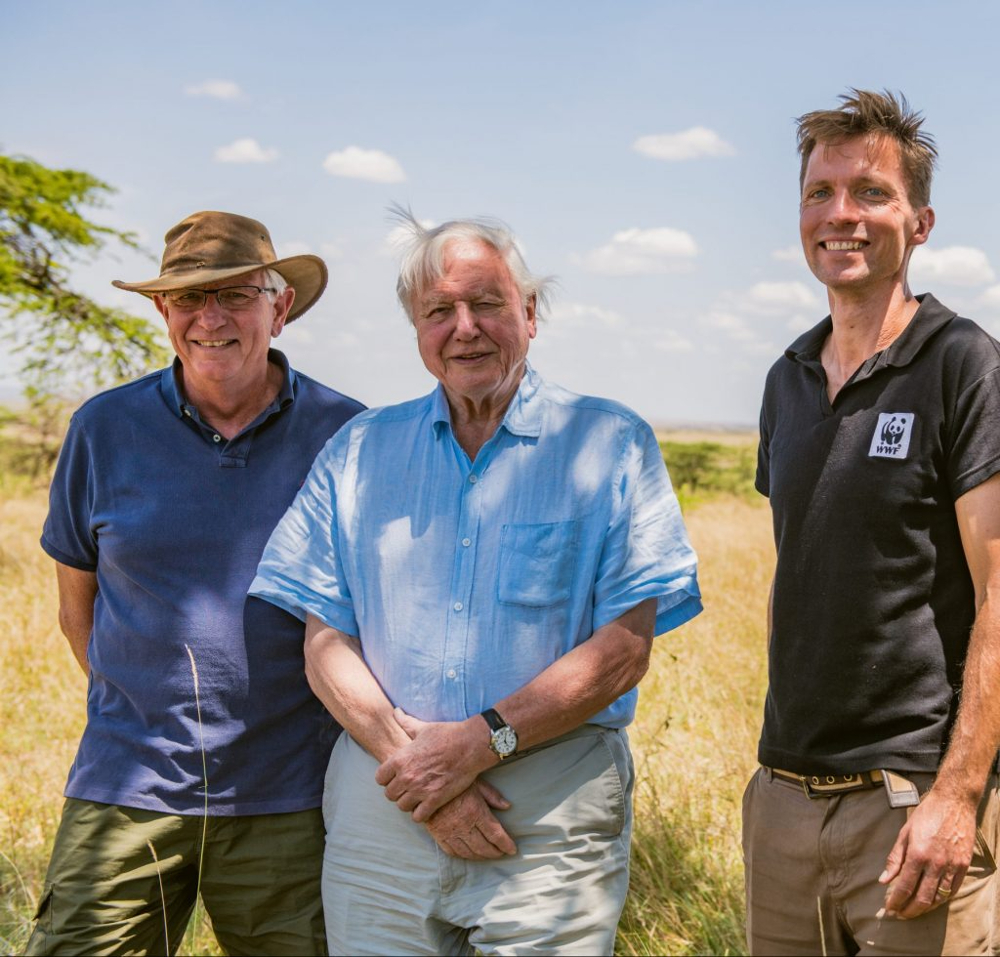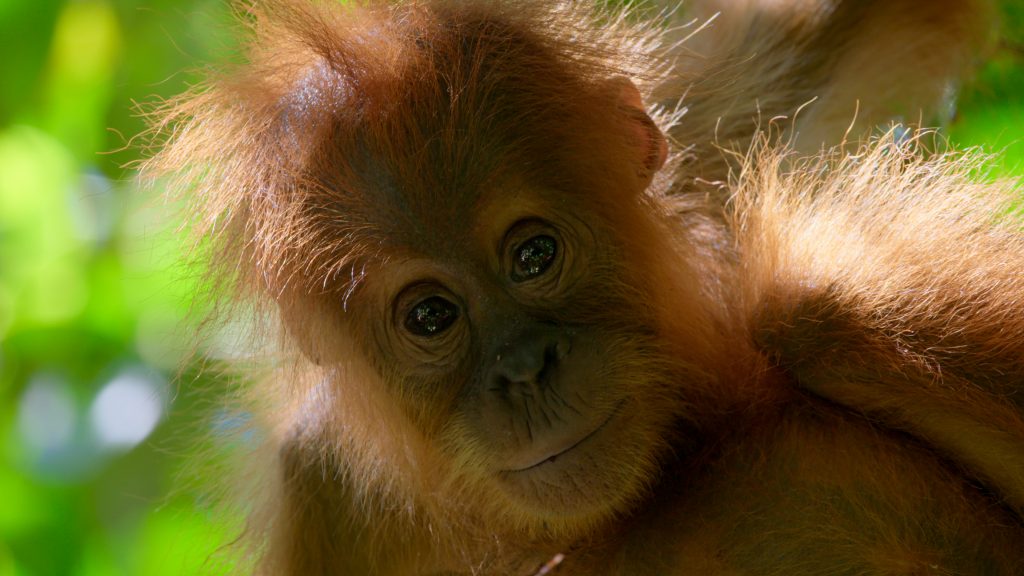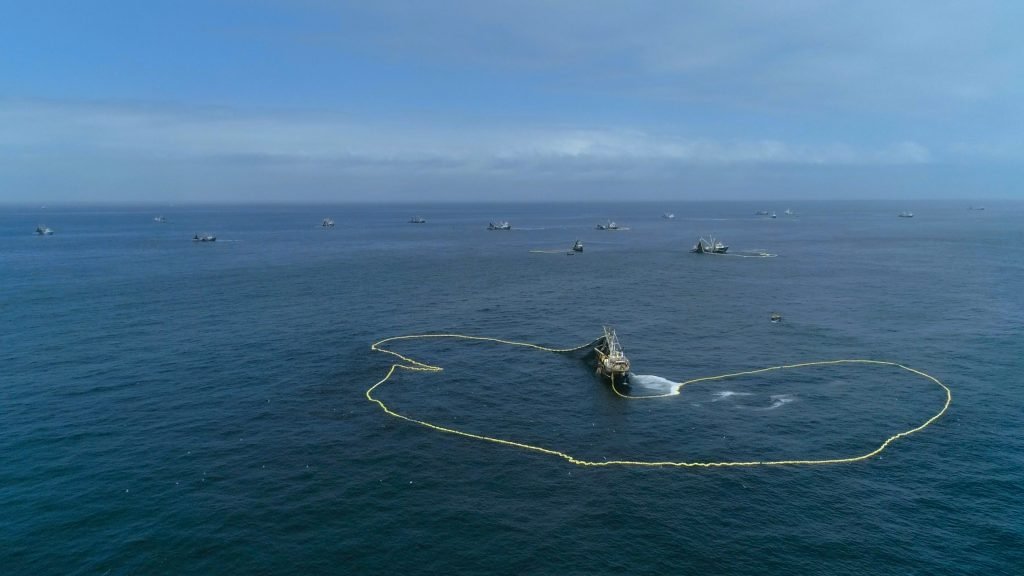Are roses for Valentine’s Day the ultimate symbol we really don’t care?
Sir David Attenborough’s A Life on Our Planet, released for one night only on September 28 in cinemas across the UK, is his witness statement.
The film begins and ends in a town near Chernobyl. It was evacuated within 48 hours of the infamous nuclear power plant explosion that remains one of the biggest manmade disasters in the history of the world.
There is no human life there.
But wildlife – forest and animals – have started to thrive.
The lesson?
“This is not about saving our planet, it’s about saving ourselves.”
The beauty of Attenborough, of course, is his humble patience with us – his eager, wide-eyed audience – as he takes us on a journey of discovery.
And what a journey. With a TV-career spanning more than 55 years sped up to fit into one-and-a-half-hours A life On our Planet reflects its subject matter: the speed at which human activity is hurtling us towards climate crisis.
Attenborough’s sense of urgency is palpable. But, he never points the finger of blame at any one person or corporation. With his gentle tones and infamous intonation, everyone is given the benefit of the doubt: “we didn’t know any better”; “of course none of us want to cause this destruction”.
I can only hope with age I achieve that level of generosity.
A Life on Our Planet: the problem
Where to start?
There have been five mass extinctions in Earth’s four billion years.
The most recent was 65 million years ago when dinosaurs, and 75% of other species, were wiped out by a meteorite causing catastrophic climate change conditions.

So, at some point climate change is likely. But, the film makes clear that we’re not victims of a climate change, we’re the cause of a climate crisis. And the threat is immediate.
What has created the climate crisis?
As a species we have been incredibly destructive to the natural world, from the way we eat to the way we power our homes.
According to Attenborough, there is one main devastating consequence of this behaviour: loss of biodiversity.
The earth has slowly and steadily evolved over millions of years to achieve a sense of harmony: jungles capture sun and add moisture and oxygen to the atmosphere, expanses of ice reflect the suns rays and help to cool the earth, herds of wildebeest fertilise the soil while coral reefs harbour young fish.
We’ve pretty much unwittingly destroyed that biodiversity – that balance – over the last 200 years.
Individually, Attenborough’s iconic TV documentaries each celebrate the glory of nature.
Replacing the wild with the tame: human impact in numbers
90% of fish removed from the sea
50% of fertile land is now farmed
70% of birds are domestic birds – mainly chickens
Humans now account for a 1/3 of the weight of all mammals on earth
Further 60% of weight is from the animals we farm to eat
4% of weight are wild animals – from mice to whales
Stitched together they offer us the benefit of hindsight, revealing the reality that has too slowly dawned on us – the dire consequences of our attempts to dominate nature, rather than live in harmony with it.
We barely stopped to consider the implications when we decimated the whale population with harpoons for oil and hunted gorillas to the brink of extinction. We still continue to raze half of the world’s rainforests, and two thirds of the organutan population with it.
Attenborough’s gift is the benefit of foresight, while we still have one last chance to change.
Is there really any hope?
Of course! Those adorable furry little otters rubbing their faces with their paws could be our saving grace.

A life on our planet in balance in nature: it’s the only option
“Making people aware made people care for the natural world,” says Attenborough. Indeed, hearing whale song for the first time was the very thing that led us to fight for their protection.
Now, we understand the planet better we can transform our behaviour towards that, too. In fact, some already have.
Farmers across the world are pioneering Regenerative Organic, a way of farming that increases biodiversity.
Thanks to forward-thinking government subsidies, forest now covers half of Costa Rica.
Morocco produces 40% of its power from solar energy.
No-fish zones are leading to healthier marine life, and in turn more fish to eat, in a very simple win-win.
Imagine if we could achieve this on global scale?
How to protect human life on our planet: what we need to do
1. Restore the planet’s biodiversity by rewilding the world: reduce farming land (by eating less meat) and create no-fish zones to help fish stocks replenish
2. Phase out fossil fuels and run world on renewables
3. Raise the standard of living across the world without raising impact by raising people out of poverty, educating girls in particular and improving healthcare. All of this will naturally lead to slowing population growth.
What each individual can do: the biggest impacts
1. Eat less meat. If we all ate a largely plant-based diet we could reduce farmland by half. But, you can still eat meat if you buy the good stuff.
2. Consider where you put your money, if you’re lucky enough to have savings. Banks and pension funds invest in fossil fuels. What kind of future are you really saving for?
3. Change your energy supplier to one that produces renewable energy.
What the next 75 years looks like if we don’t change
2030
Amazon rainforest becomes a dry Savannah altering the global water cycle
Artic becomes ice-free in the summer
Speed of global warming increases
2040
Global soils thaw releasing huge amounts of methane – more potent than CO2
2050
Coral reefs die as oceans become warmer and more acidic
Fish populations crash
2080
Global food production crashes
Pollinating insects disappear
2100
The planet is 4C warmer
Large parts of earth uninhabitable
Weather unpredictable
Sixth mass extinction well underway

We can make these choices today and our choices can accelerate change for the better.
I’ll leave the last words to Attenborough: “We require more than intelligence. We require wisdom.”
Main image: Sir David Attenborough pictured inside derelict building in Chernobyl, Ukraine | Joe Fereday / Silverback Films


